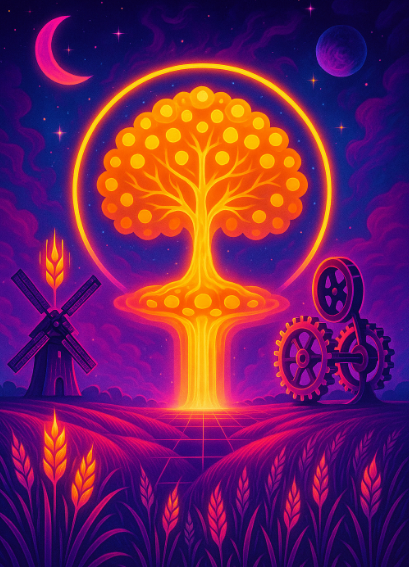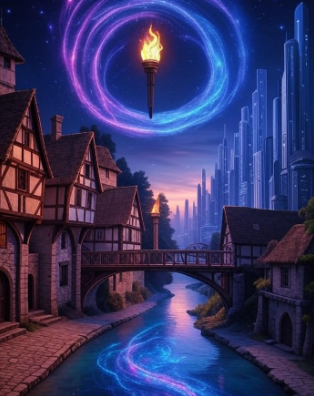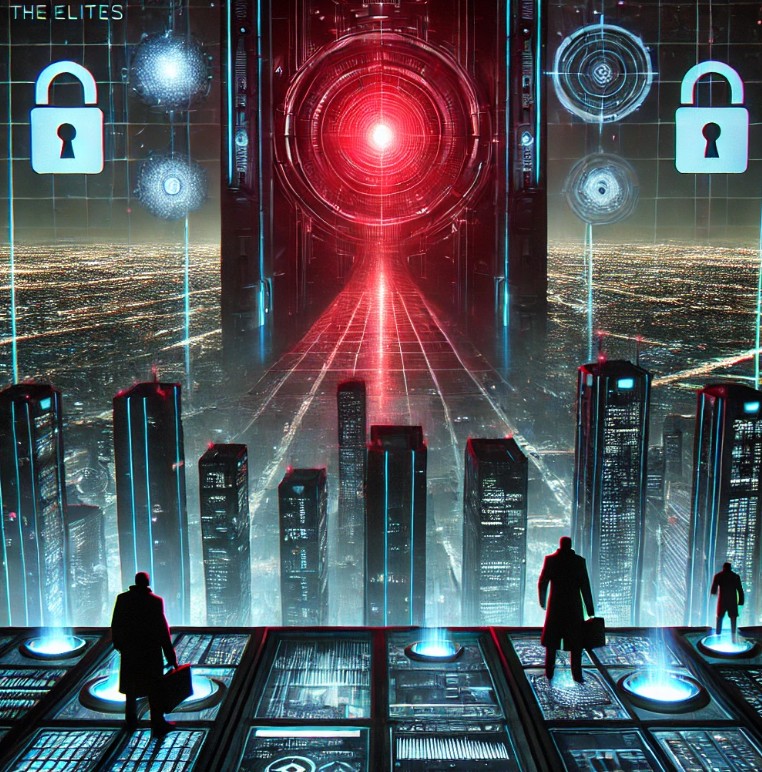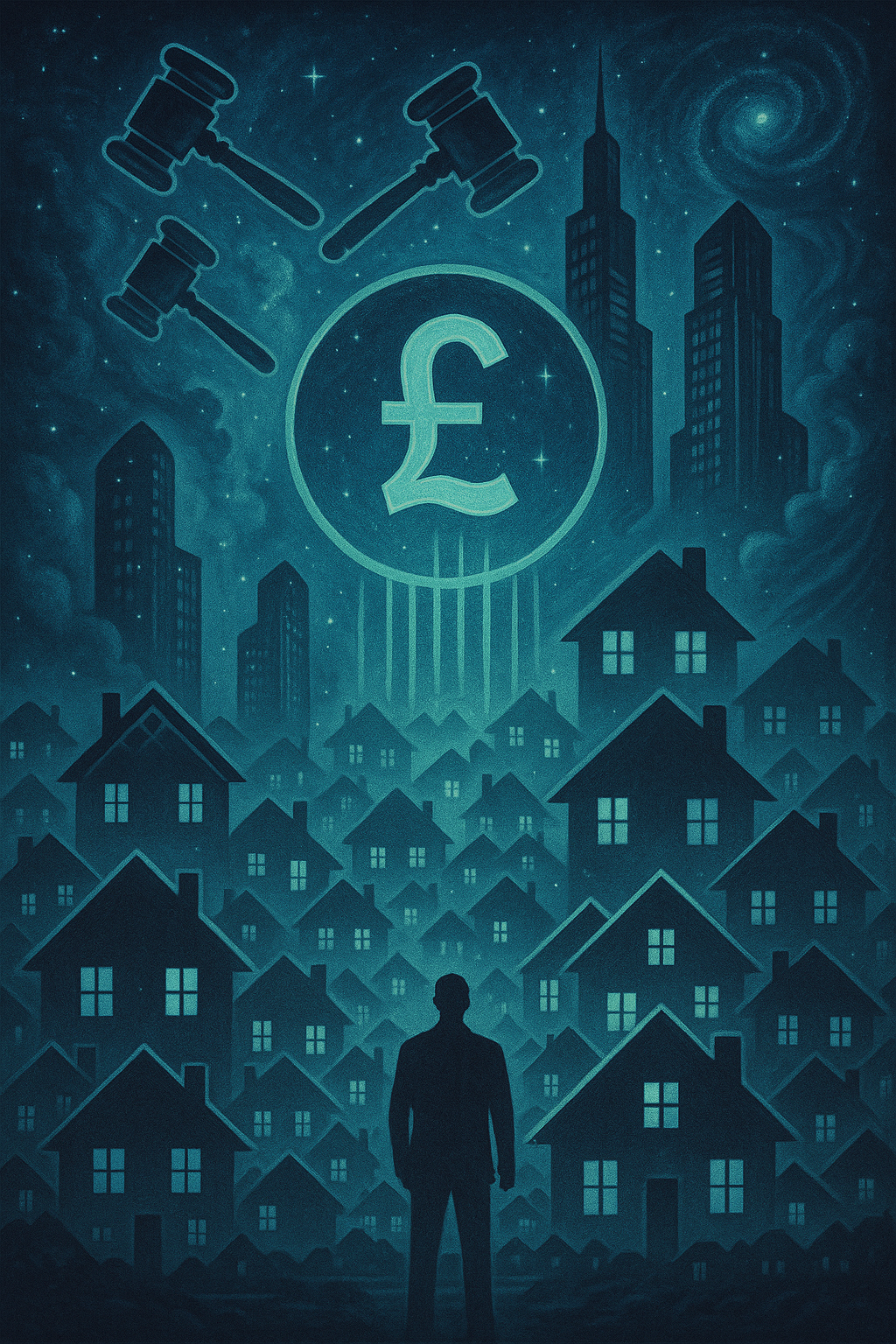The Veil Torn: When a Worldview Shatters and the Truth of Others Emerges
Popular articles
Imagine living in a house of stained glass, each pane a story you’ve spun about the world: your family’s unbreakable bond, your friends’ unwavering loyalty, your community’s shared goodness. The colors are vivid, the light warm—until a crack splinters through. A single moment—a betrayal overheard, a mask slipping in a casual remark—shatters the whole facade. Suddenly, the glass is gone, and you’re standing in raw daylight, seeing the people around you as they are: some radiant with unexpected grace, others cloaked in shadows you never dared imagine. This isn’t just a tweak to your lens; it’s your entire worldview imploding. The psychological fallout is a storm of awe and dread, and for many, it’s as horrifying as it is revelatory. Why does this break shake us so deeply, and how do we find our footing again?
The Psychology of a Worldview: Our Mind’s Cathedral
A worldview isn’t a whim—it’s a cathedral of the mind, built brick by brick from childhood. It’s how we make sense of chaos: People are inherently good. My loved ones have my back. Justice prevails. Psychologists call this a schema, a mental framework that filters reality, shaped by upbringing, culture, and choice. We cling to it because it’s a shield—without it, the world’s messiness feels like a void. The confirmation bias keeps it standing: we see what fits (a friend’s kindness), ignore what doesn’t (their subtle digs), and weave a tapestry of coherence.
This isn’t delusion in the flimsy sense; it’s a cornerstone of identity. Social psychologists like Henri Tajfel argue we define ourselves through our groups—family, friends, society—embedding their virtues into our self-concept. To believe your people are noble is to feel noble too. But when that cathedral crumbles, the loss isn’t abstract. It’s personal. It’s everything.
The Shatter: Seeing Through the Ruins
Then comes the break. Maybe it’s a sibling’s quiet cruelty exposed after years of trust, or a friend’s radiant courage shining through a crisis you’d dismissed them for. Perhaps it’s a neighbor’s petty malice unmasked, or a stranger’s selfless act piercing your cynicism. The veil tears, and the people you thought you knew stand naked before you—some beautiful in ways you never saw, others horrifying in their flaws. Your worldview doesn’t bend; it collapses.
Psychologically, this is a seismic rupture. Cognitive dissonance erupts: the clash between “They’re my rock” and “They’ve been lying” feels like a betrayal of your own mind. The brain scrambles—Was I blind? Stupid?—triggering a flood of adrenaline and shame. Studies on belief disruption, like those after cult exits, show this can mimic trauma: hypervigilance, distrust, even physical nausea as the body registers the shock. The horror isn’t just their darkness—it’s the realization you built your world on sand. The awe isn’t just their light—it’s the humbling truth that you missed it.
For some, the bad outweighs the good: a parent’s selfishness, a partner’s deceit, a community’s hypocrisy. For others, beauty emerges—a friend’s quiet strength, a child’s unfiltered love—making the loss bittersweet. Either way, the old story’s gone. You’re left staring at strangers in familiar skin, and the ground feels like it’s dissolving.
The Abyss and the Light: Why It Hurts So Much
This isn’t a small reckoning—it’s existential. A worldview ties you to others; when it shatters, so does your place among them. Social identity theory says we lean on our tribes for stability—lose that, and you’re unmoored. The horror peaks when you see the ugly: If they’re this flawed, what am I? The mind spirals—self-doubt, fear of more revelations, a dread that nothing’s solid. Yet the beauty stings too: How did I not see their grace? It’s a double-edged blade, cutting through pride and certainty alike.
A 2021 Journal of Personality study found that worldview shifts spike anxiety when they challenge core relationships—people don’t just fear the truth, they fear losing the tether. And unlike a personal delusion, this break rewrites everyone, not just you. The cathedral’s rubble buries the old “us,” leaving a question: Who are we now?
Piecing Through the Wreckage: Ways to Cope
The veil’s torn. The people you knew are mosaics of light and shadow, and you’re raw from the seeing. How do you stand in this new air? Psychology offers a path—not easy, but real:
- Hold the Grief (Name the Loss):
You’re mourning a world that never was. Say it aloud: “I thought they were perfect.” “I believed we were safe.” Grief studies show naming the pain—through talk or writing—cuts its half-life, letting you breathe through the ache. - See the Whole (Reshape the Story):
They’re not all bad or all good—they’re human. Reframe it: “She hurt me, but she’s also kind.” “He’s flawed, yet he tries.” This is dialectical thinking—holding opposites without breaking. It’s messy, but it mirrors reality. - Test the Ground (Rebuild Trust Slowly):
The horror makes you wary—fair enough. Start small: lean on one person who shines through the rubble. A 2018 Psychological Review piece shows trust regrows through consistent, low-stakes acts. Don’t rush; let it root. - Embrace the Unseen (Find Strength in Vulnerability):
You missed their beauty and their flaws—own that. Vulnerability isn’t weakness; it’s clarity. Ask: What else can I see now? Jung called this integrating the shadow—of others, of yourself. It’s where wisdom hides.
The Dawn After the Fall
Here’s the strange gift: a shattered worldview, though terrifying, unveils truth. The horrifying—a friend’s envy, a leader’s greed—frees you from blind faith. The beautiful—a stranger’s kindness, a lover’s resilience—teaches you to look harder. It’s not the old cathedral, pristine and false. It’s a jagged landscape, real and alive. A 2022 Emotion study found people who weather such breaks often grow more empathic, less rigid—scarred, but sharper.
The terror fades when you stop clutching the shards. The people around you aren’t saints or monsters—they’re both, and so are you. The veil’s gone, and what’s left isn’t ruin—it’s a chance to see.
Subscribe to unlock premium content
Sed at tellus, pharetra lacus, aenean risus non nisl ultricies commodo diam aliquet arcu enim eu leo porttitor habitasse adipiscing porttitor varius ultricies facilisis viverra lacus neque.
The Great Wealth Generation Act 1.0

The Great Democracy Restoration Act

UK Nutrition Act 1.0

The Great Wealth Generation Act 1.0

The Great Democracy Restoration Act

The Great Wealth Generation Act 1.0







